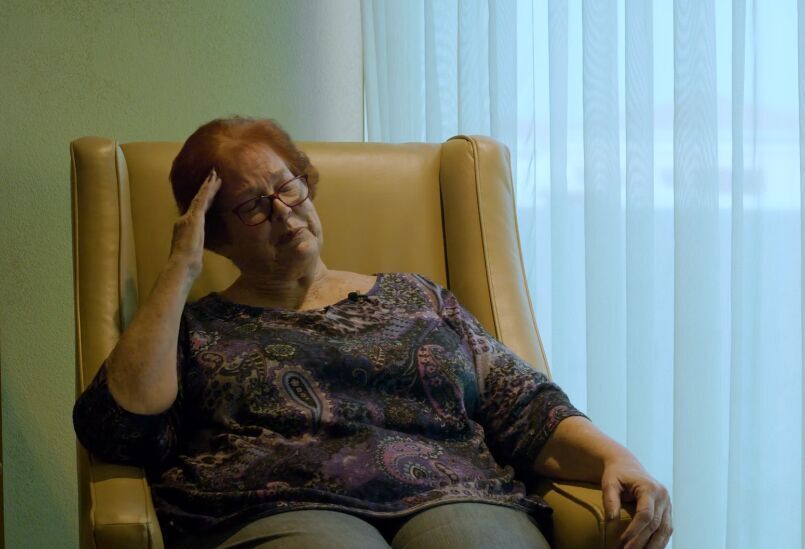Dan Tolppanen: Poker is a male-dominated sport. According to some estimates, their share among the players reaches 95%. What explains such a gap? Is there something in the game itself that keeps women from succeeding? Of course not. It's just that we, unfortunately, make life very difficult for them at the poker table.
There is a question that comes up regularly in our community about how to get more women into the game. You need to start by making them feel comfortable at the tables.
Let's hear what the ladies themselves think about it.
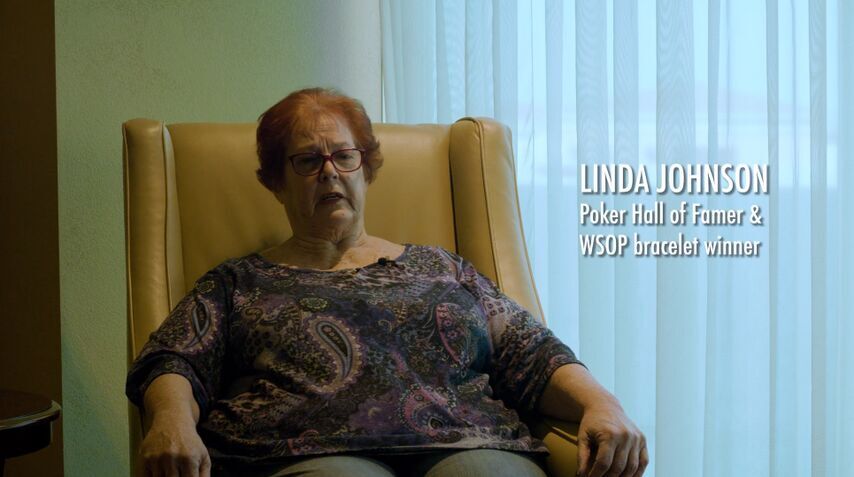
Linda Johnson: I got into poker in the early 70s. When I turned 21, I decided to go to Las Vegas to play blackjack. Upon hearing this, my father, who played poker very well, said, "Linda, if you are interested in gambling, you must learn poker, because it is the only game we play against the players, not the casino."
There were almost no books on poker in the 70s, much less now. I found a book by Johnny Moss, began to read it, and immediately fell in love with this game.
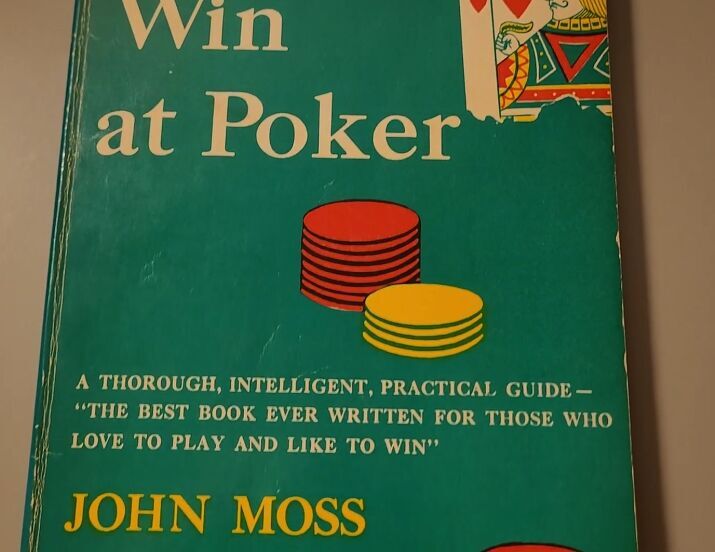
Everyone strives to be good at something. I'm not a particularly creative person, I don't sing or play on stage, and poker has become the thing that made me different from the rest.
During those years I worked at the post office. My first opponents were colleagues. At first, they were very happy about my interest in the game, but after a few weeks, when my progress became obvious, they stopped inviting me to their games.
I lived in Southern California not far from the Gardena Club, where they played poker legally.
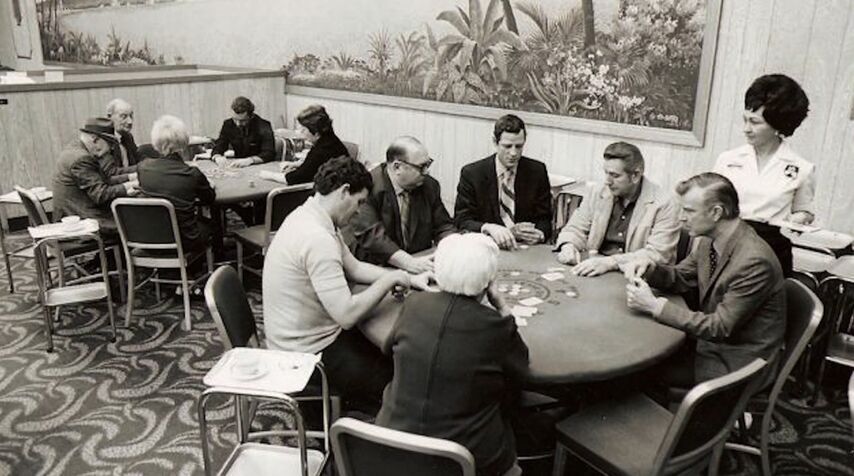
There was no Texas hold'em, only draw poker. I began to visit there regularly, and on weekends I'd go to Las Vegas. The first tournament I played in Vegas was at the Las Vegas Club. When I went to the counter to sign up, the manager was so happy, it was like seeing a woman in a casino for the first time.
I made it to the final table. During the break, my nine male opponents all stepped aside together and began to discuss how they could get rid of me. There was clear hostility in the atmosphere. However, I managed to win. Other victories soon followed. I remember driving home after another first place, the sun was rising over the desert, and I thought: “God, how lucky I was to find poker!”
In 1980, I decided to make my World Series debut. I told myself that if I performed well, I would move to Las Vegas. Although my career in the postal service was very successful, I was ready to leave it for the sake of poker.
I took 5th place in the tournament. Prizes then were not 10% -15% of the number of players, as they are today, but only the top three. Nevertheless, I realized that this occupation was within my power, and two weeks later I moved to Vegas for good.
At that time, there were few poker clubs in the city. The biggest one was Golden Nugget, I also played in Stardust. It wasn't like it is now. Women needed very strong nerves to withstand the atmosphere that reigned at the table. Many did not hesitate to say directly that my place is not here, but at home in the kitchen. I had to learn to answer them in the same language, otherwise, the ridicule would have continued without end.
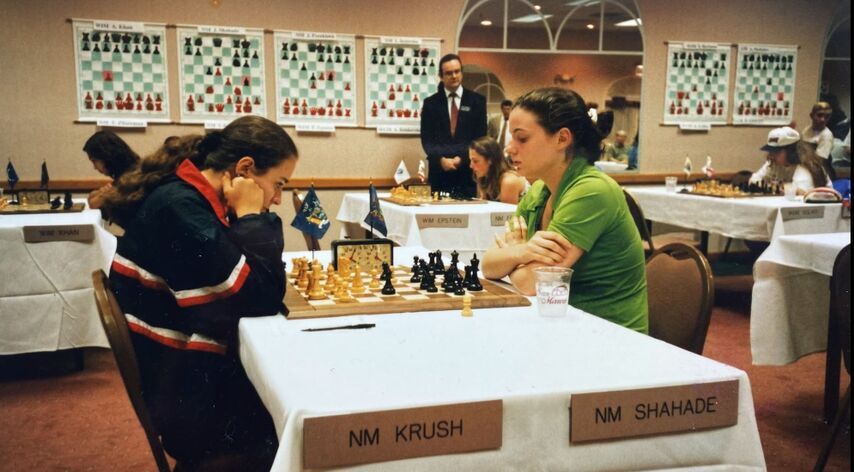
Jennifer Shahade: I started playing chess before I could read. There are pictures where I am two years old and my brother is four, and we are playing against each other.
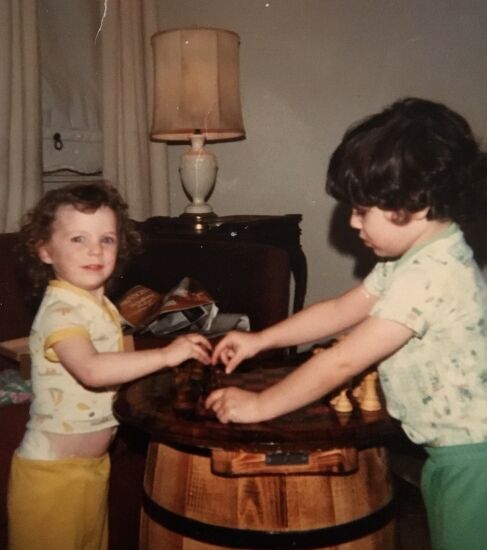
This photo, in my opinion, is staged – I'm not sure that I knew for sure how all the pieces move, but quite a bit of time has passed, and I already played hard.
My brother and I were taught by my father, a chess master. My brother progressed so fast that he was soon considered one of the most promising young chess players in the country. I was not so talented, I grew more slowly and from time to time people behind my back, and sometimes right in my face, wondered why I played so poorly compared to my brother. It put pressure on me.
The situation began to change somewhere between middle and high school. Beth Harmon in the TV series "The Queen's Move" says that in chess she is attracted not only by victories but also by their inner beauty. When I felt this beauty, everything fell into place. I stopped thinking about the result and focused on the process, and success was not long in coming.
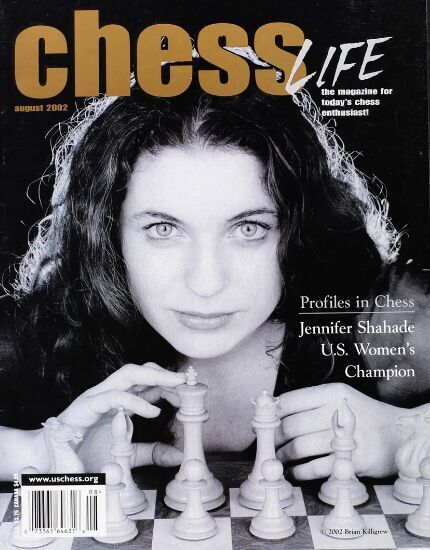
Chess is also dominated by men, but I usually felt a very friendly attitude, especially after I was recognized as a talented and strong chess player. In addition, my father and brother, who are very popular in the chess environment, have always been with me, so I practically did not encounter manifestations of sexism, which many female chess players complain about. I'm lucky in that sense.
My brother was one of the first to sign up for PokerStars.
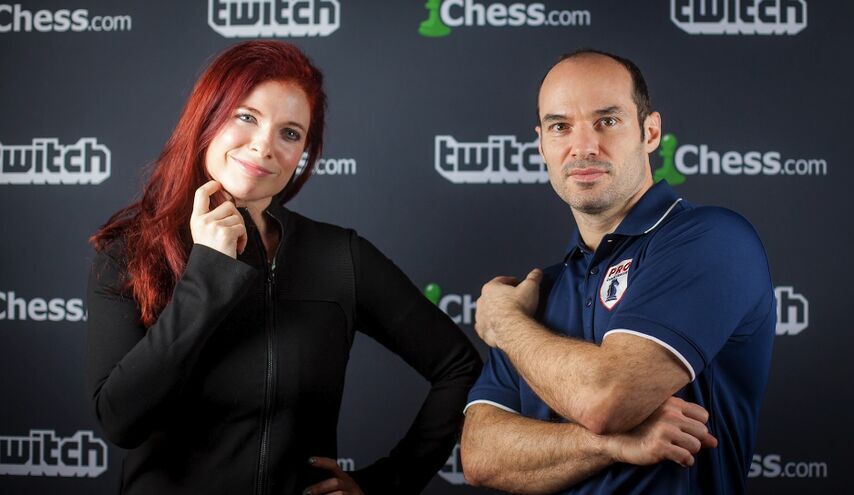
I had just graduated from university and was writing my first book. Greg came to me and said, “Jen, you have to learn how to play poker! For smart people, this is easy money!” The exact same thing was said by my mother. Many poker players have to defend their hobby from family members, and my family demanded that I take up poker! And I gave in.
I really enjoyed playing online. I started with Sit&Go. Soon, satellites for women's tournaments appeared on PokerStars. It was easier to qualify for them than for the mains, as the buy-ins are usually lower. These satellites have taken me to Monte Carlo, Madrid, and the Bahamas, which has given me even more motivation to work on the game.
Linda Johnson: Since there were very few women in poker in those years, we all quickly became friends. In general, it seems to me that there was more socialization in poker before. There is a very tough fight at the tables now, as it should be in sports, but then the players were more relaxed, after the bust outs they stayed to root for each other, went to tournaments together, and usually maintained good relations. When I showed that I would not tolerate rudeness towards me, and learned to fight back, I was quickly recognized and accepted into the circle of professionals. I also made friends with male poker players. One of them was Mike Sexton. We traveled a lot together, I played in many WPT tournaments in the first six seasons. He was a very kind and responsive person. Poker TV made him popular, but fame didn't ruin him. He was often approached by people asking for an autograph, and Mike would always say yes.
There were quite a few men in the poker community who did not tolerate boorish behavior at the table against women and were ready to reason with the rude ones. Now there are more of them. However, not all poker players understand the problems that women who play poker face. Some remarks may seem innocent, but they offend us.

Dan Tolppanen: You are familiar with the poker world both as a dealer and as a professional player. Tell us about the manifestations of sexism that you had to deal with.
Linda Lahdenpää: As a dealer, I once worked at a tournament that had a rock music theme. We were asked to dress appropriately. I came in a top that seemed quite ordinary to me, but I was told that it needed to be changed, because the men participating in the tournament would see me not as a dealer, but as a woman, and would not respect my decisions in controversial situations.
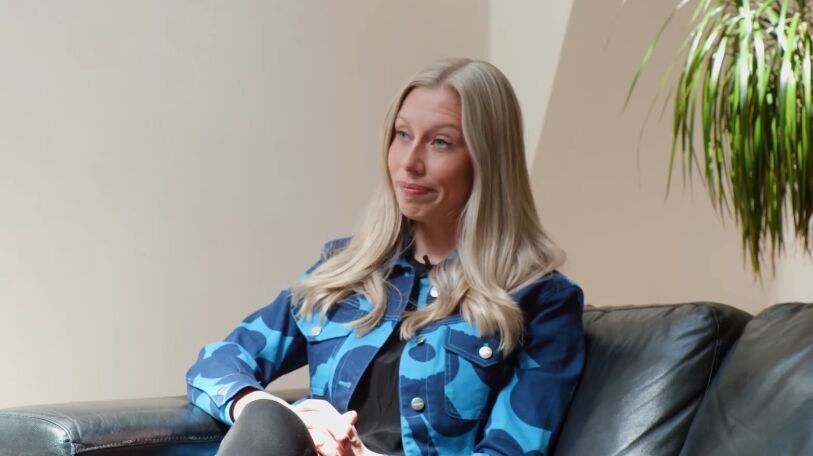
When I started playing by myself, every time I entered the casino, someone would definitely exclaim: “Wow, a woman will play with us!” Just recently, my neighbor at the table in the Helsinki casino was very happy to see me sit down next to him and said: “That's it, now I will definitely start to get lucky!” This happens quite often. Most men who talk about it don't mean anything bad, but I get the uneasy feeling that I'm being treated as an object – as a lucky charm, for example. They often discuss my appearance – men usually don’t talk about this.
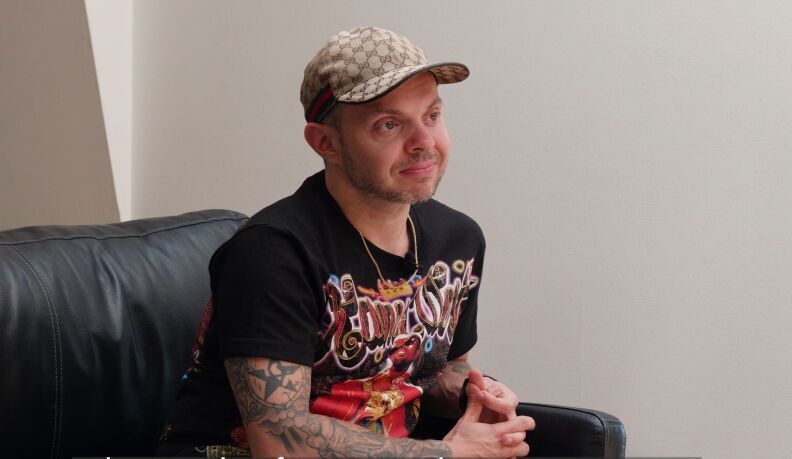
And if I show up in a dress, nasty comments from drunks are almost inevitable. Therefore, when playing in Finland, I usually try to come to the casino in a loose hoodie and without makeup.
In Las Vegas, people often ask me where my boyfriend is. In America, in general, sexist behavior is more common than in Finland. Once, when I was waiting in line at the table, a guy came up to me and asked where my boyfriend was. “Playing in the next hall,” I lied for some reason. “Is he bigger than me?” the interlocutor asked me and squared his shoulders. "Yes," I lied again...
Dan Tolppanen: I think a lot of people understand that hitting on girls and being rude to them is bad. What actions that may seem quite innocent to men offend you?
Linda Lahdenpää: I don't like their soft play. More than once, the nuts have checked to me, saying they don't want to win money from a girl, or called with a frankly weak hand, saying: "This is a gift from me to you." Thank you, but I do not need such gifts. Like many people, I play poker because I love the competitive atmosphere. I get high from a beautiful and strong game, and I am very demotivated by gifts that are made out of pity.
Jennifer Shahade: “And you are not like other women!” This is said in a very approving tone and should sound like praise. Many men have come to realize lately that this is not very ethical, but I would like everyone to understand this. I just hate such compliments in poker and chess. They find a woman who seems to them cool, strong, and aggressive in a good way – and oppose her to everyone else. "Why can't everyone be like Beth Harmon?" Because everyone is different.
Many women had to overcome very serious obstacles that prevented them from achieving great success. Others simply do not have enough talent – what can you do, not everyone has such a brilliant mind as Vanessa Selbst! But it’s still not worth considering talented women goddesses, and less talented women garbage. I would like not only recognized stars to feel comfortable at the tables, but also everyone else.
A lot of children play chess, so they have teachers and psychologists who monitor the observance of ethical standards. Poker, on the other hand, suffers greatly from the influence of the casino atmosphere. Perhaps the worst sexism I've encountered was not at the poker table, but on my way to it through the casino. And, of course, the big money that is fought for in poker also has a noticeable effect on the level of aggression. There is no such money in chess.
It is often asked why women rarely participate in high roller tournaments. Maybe they are waiting for an answer about low-risk tolerance. Disappointingly, the explanation here is simpler: they have less money! There is a real income gap between men and women.
However, I rather agree that women are more likely to avoid risk. But this, in my opinion, is not a natural feature, but a cultural one: when a woman takes risks and fails, she faces a much more intolerant reaction from others than men who find themselves in the same situation. In addition, the U.S. has a wholly inadequate record of health care, maternity protection, and abortion law, and the risks to women are often far greater than the potential rewards.
But when you don’t take enough risks, your chances of success in life are drastically reduced. By the way, poker teaches this very convincingly. When no one calls my bluffs, it doesn't mean that I'm great at bluffing, but that I don't bluff too often.
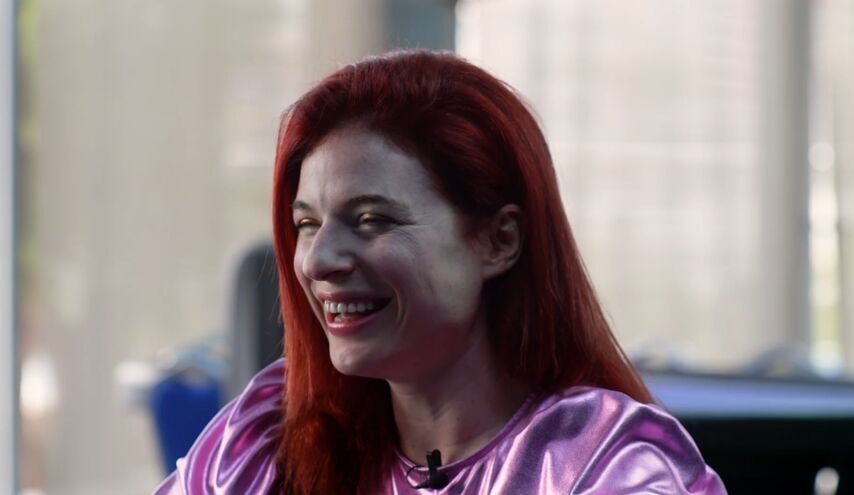
So it is in life – if no one refuses you anything, you are probably just putting forward insufficiently ambitious demands. You probably need to be more aggressive!
Linda Lahdenpää: Reading your opponents is an important part of poker. When a new player sits down at the table, he is first perceived based on stereotypes. Women are generally considered to be very tight and hate taking risks. Therefore, they are often bluffed against, believing that they will not show without the nuts. Women who play regularly tend to call looser than men, especially on the river. Adjusting!
Linda Johnson: Women in poker are still an absolute minority. I think this is partly due to the fact that many women want to enjoy the game. An unpleasant experience quickly turns them away from poker. And an unpleasant experience, alas, is almost inevitable.
Jennifer Shahade: It's almost non-existent now, but even 10 years ago, men always tried to hit on a girl, being next to her at the poker table. It would seem, why not? It seems to be a normal social contact. But understand, a poker tournament is not a bar. This is a competition. Romantic behavior is inappropriate here – the context is too unfortunate. Without a clear signal of interest from the other side, don't even try.
Linda Johnson: Don't look away when others behave unethically. If you do not want to confront them yourself, you can quietly step aside, find a manager, explain the situation to him, and ask him to watch the table. Rest assured, your words will be taken seriously.
Linda Lahdenpää: Women's tournaments are a double-edged sword. On the one hand, it's great that we have tournaments where women can experience poker without being surrounded by men. On the other hand, the buy-ins in women's tournaments are smaller and many do not consider them to be real competitions.
Linda Johnson: I never thought I was inferior to men in poker. Here, after all, only the mind is needed, this is not boxing! However, closed tournaments for women are still important. Their purpose is to introduce women to poker in a calm and friendly atmosphere. If you are interested in poker, try to play in women's tournaments, and if you like it, go to tournaments for everyone.
Jennifer Shahade: I also wish there were more women's tournaments. I appreciate the special atmosphere and the opportunity to make friends with other members. When I was building my bankroll, the series Main Events were out of my reach, but having a lower buy-in women's tournament gave me the motivation to come and play it and some evening turbos. I advise the organizers to give the winner of the women's tournament a ticket to the main event of the series – this is a good way to increase the percentage of women in high roller tournaments!
I have advice for the players as well. Try to understand why you love poker! Wins and losses are very dependent on luck, which we cannot control. But if you love the math in poker or how it models life, here it is, your motivation! Many people really like to bluff, others are more pleasant to call other people's bluffs. Find out what inspires you in poker, and let it be your anchor in times of failure and self-doubt.
Linda Johnson: In 1992, I went on my first cruise organized by CardPlayer magazine. It was very cool! I was with my fiancé Scott Rogers and another buddy Danny Axel. We were all professional poker players and did not plan to change our field of activity. But we enjoyed this cruise so much that we went to the owners of the magazine and asked if they could give us some role in the next cruises, so that we would be sure not to miss them.

And they answered: you know, we are tired of all this. Would you like to buy a magazine?
We knew nothing about journalism and publishing, but we answered: of course we want to! We didn’t have the money for this, but we found a venture capitalist who was ready to invest in this enterprise, and we worked hard. Part of the deal was that the previous owner would cooperate with us for some time and pass on the necessary experience. Six months later, we were already perfectly oriented in everything related to the work of the magazine. We accepted the CardPlayer in 32-page black and white, and when I sold it, it was a beautiful 132-page color magazine, a magnet for advertisers.

Working on the magazine has become for me the very creative work that poker players often lack. I was able to express my gratitude to the poker community and build on the success of poker by bringing new people into it by talking about what a great game it really is.
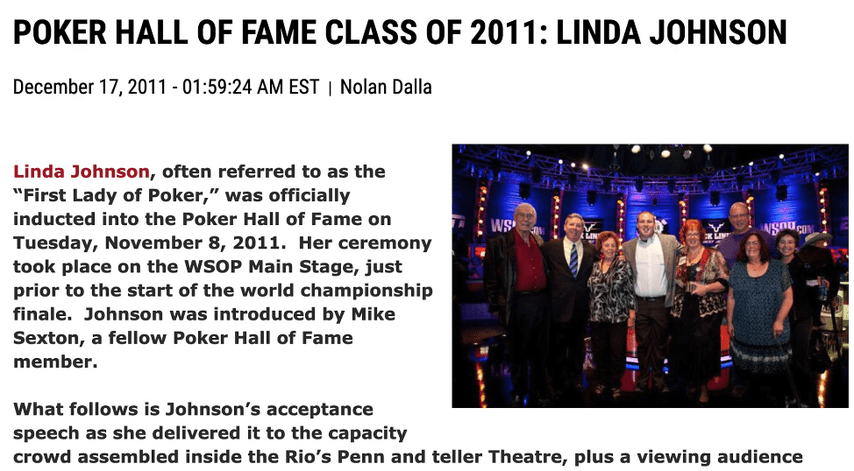
When I was inducted into the Poker Hall of Fame in 2011, it was perhaps the greatest honor of my life. I would never have thought that a woman would be accepted into the Hall of Fame! Perhaps one of the reasons was that I took a very active stance against the rudeness that was very common at that time in tournaments – and not only against women. We at CardPlayer fought a relentless fight against rude people, I talked a lot with the organizers of the series, and that year the first penalty for inappropriate behavior was introduced at the World Series.
Jennifer Shahade: I love Linda Johnson so much! She was a pioneer in everything – first one of the strongest women in poker, then – the first to start the fight against rudeness at the tables. She advocated for both dealers and players and sought to create an environment where everyone, including women, felt welcome. A zero-tolerance policy for unacceptable behavior is what you need!
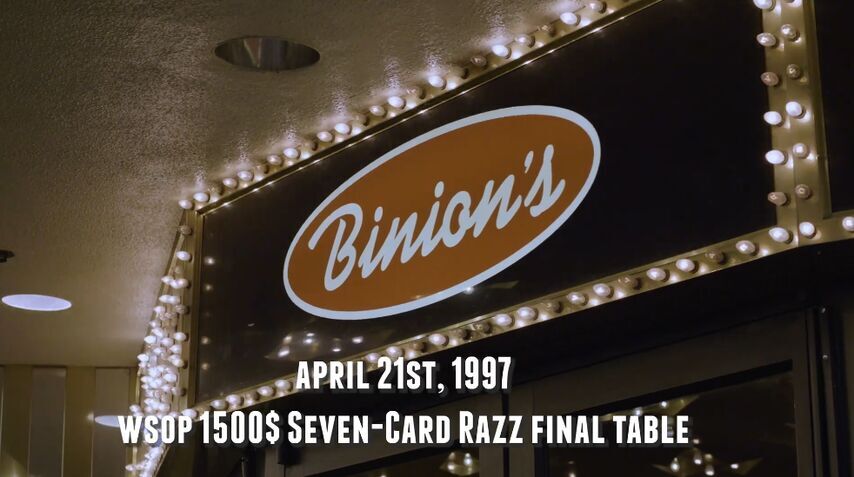
Linda Johnson: Winning a bracelet is every poker player's dream. A football player dreams of a Super Bowl ring, anda poker player dreams of a WSOP bracelet. I've reached the final tables seven times. I took 5th, 4th, and 3rd place – and now I'm playing for the bracelet! The win meant a lot to me.
That day was very difficult for me. I had a raised voice argument with an advertiser who wanted to put a picture in a magazine that I thought didn't belong here, but rather in Playboy. On his part, it came to direct threats. I was in turmoil when I arrived at the Horseshoe to play the final table. But when I entered the casino, I saw hundreds of people with banners and hats that said "Go Linda!" And I did it! I won…
I remember that day as one of the best of my life.
